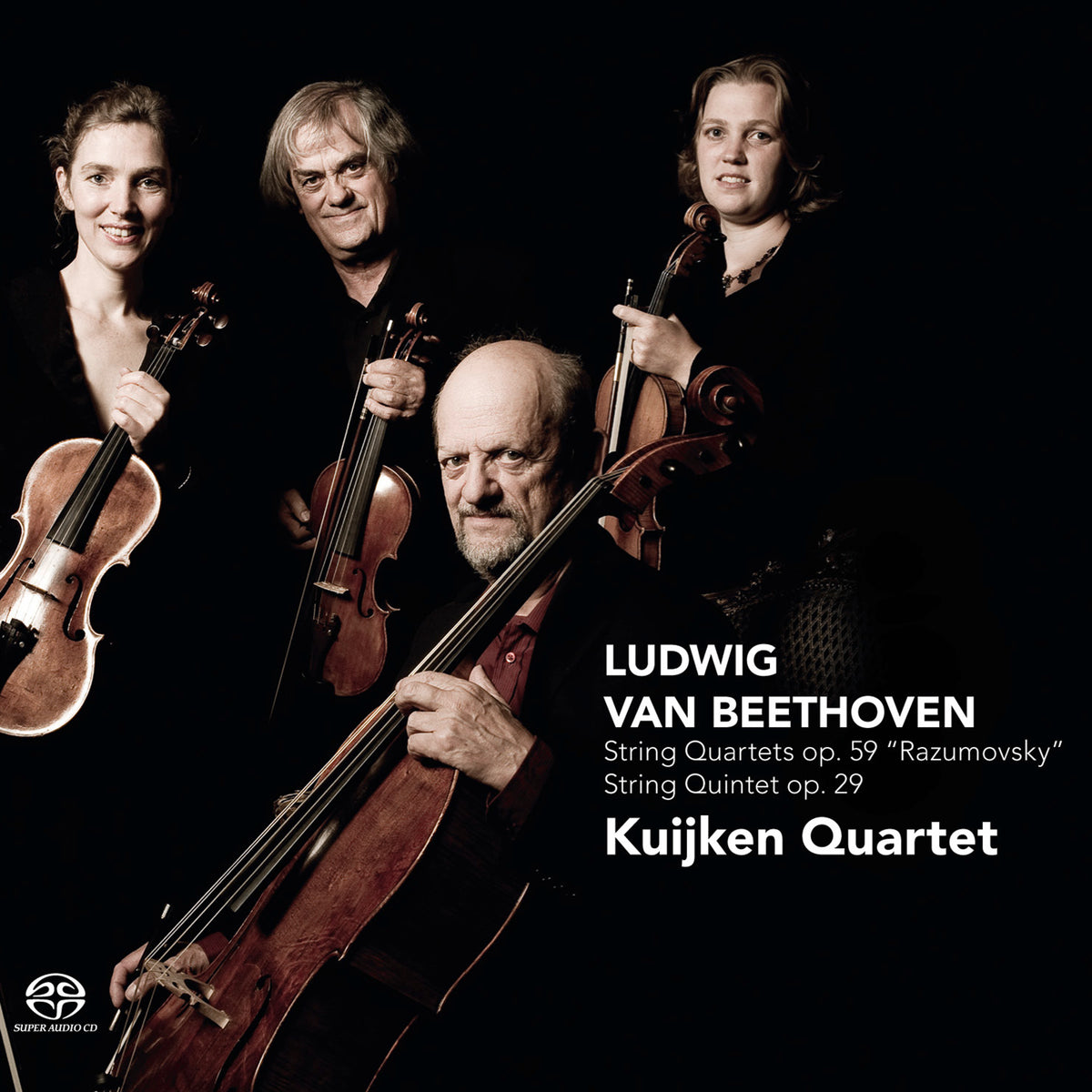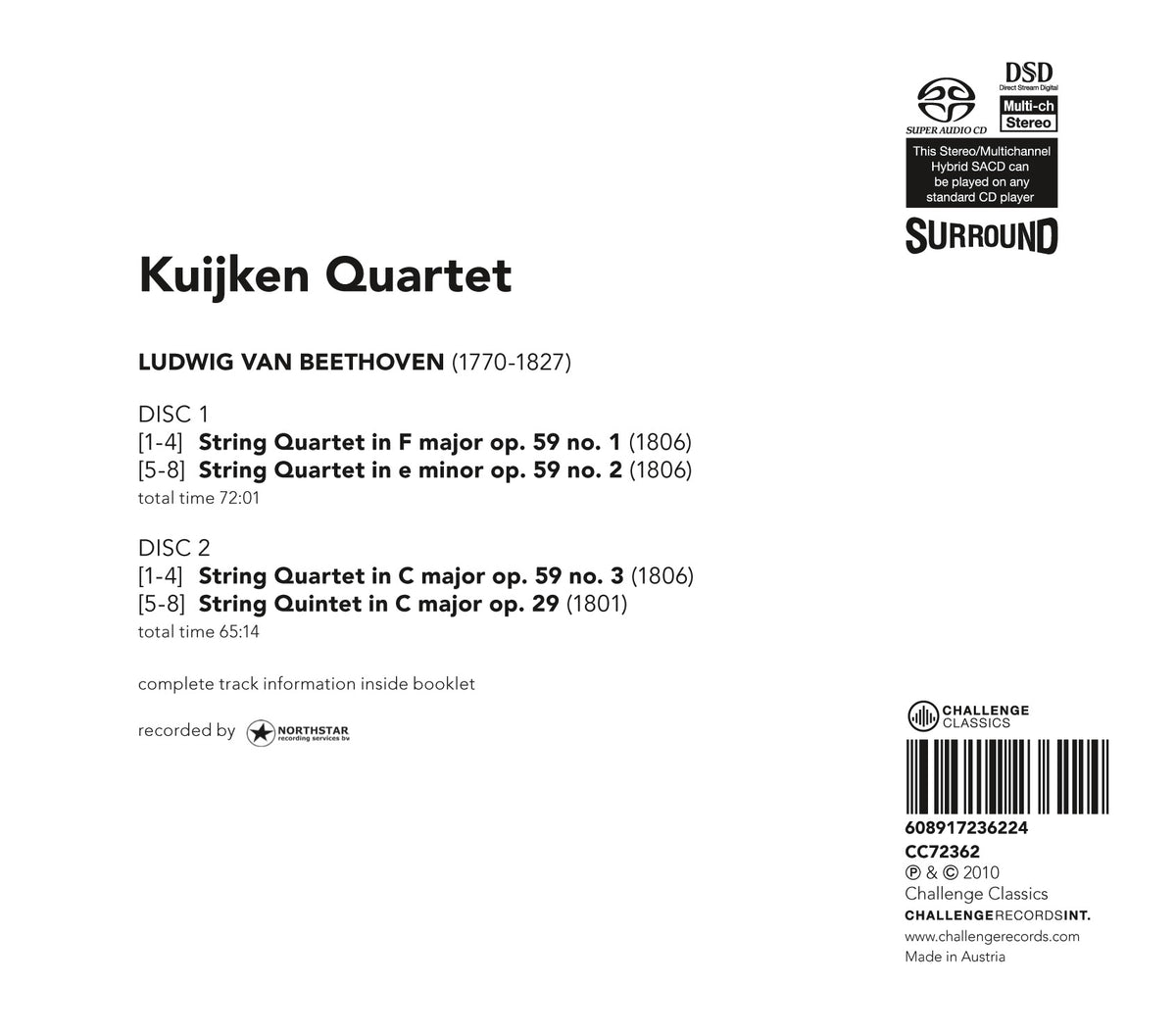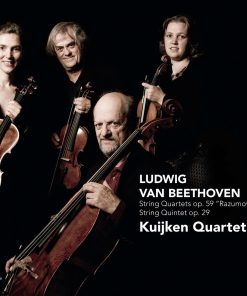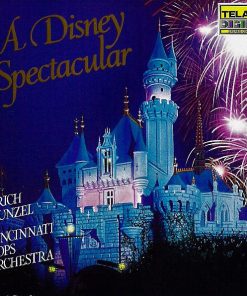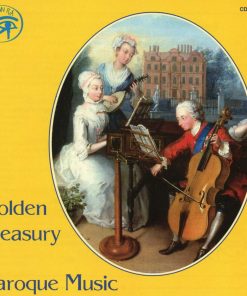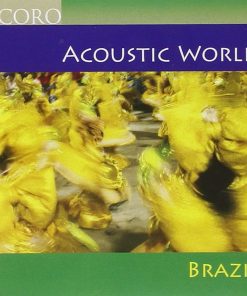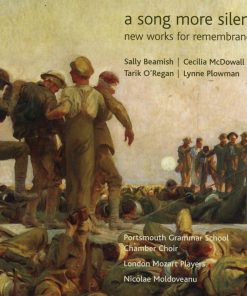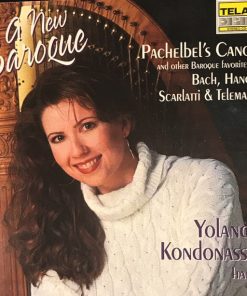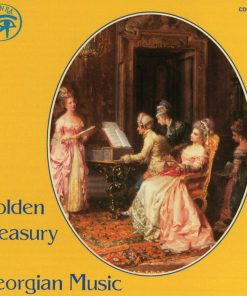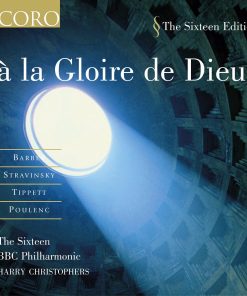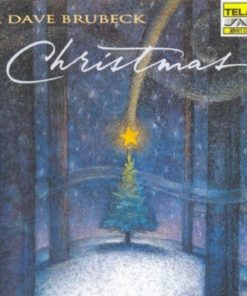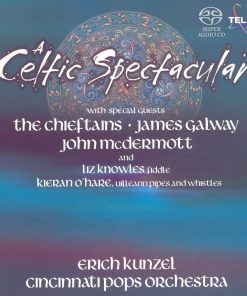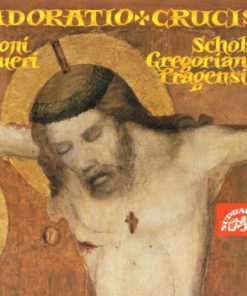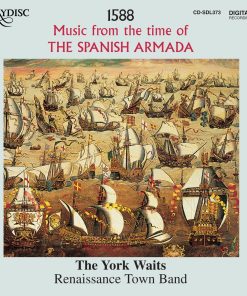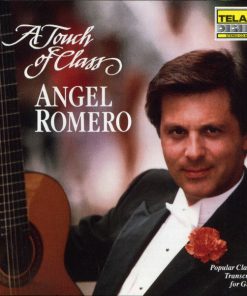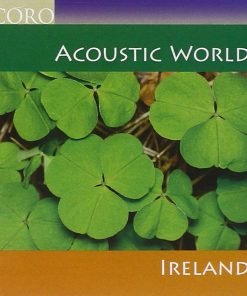BEETHOVEN: String Quartets op. 59, String Quintet op. 29 – KUIJKEN QUARTET (2 HYBRID SACD) CHALLENGE
$ 2,99 $ 1,79

Around the time the Rasumovski Quartet’s were written, Beethoven’s favorite violinist, Ignaz von Schuppanzigh had begun the very first professional string quartet, thus providing Beethoven with an ideal laboratory for testing new string quartet ideas. Before this, string quartet playing was more something that happened in living rooms. Amateurs of, grantedly, good musical quality would entertain themselves among friends by playing string quartets. By writing for the Schuppanzigh quartet, which moreover would perform in public concert series, Beethoven became involved with a wholly new setting. ¬Naturally, he turned the prospect entirely to his advantage; from then on he could do as he wished in his string quartets.
“It is really almost unimaginable that the six opus 18 and the Rasumovsky quartets were a mere 5 years apart. You feel that when Beethoven wrote his opus 59 it was really ‘boiling over’ in his head. In relation to opus 18, which still leaned heavily on Haydn’s way of writing, this music is much more abstract. The string quartet must be the most abstractive apparatus in existence. That instrumental setting asks as it were that the composer dive into the essence of tonality and start making abstractions. With four entirely equal voices and the scarcest of means, Beethoven builds nearly exalted constructions. Everything that happens in this music is absolutely essential. Beethoven announces in this opus 59 an entirely new era in music.”
“In Beethoven’s later music it gets less and less necessary to play on early instruments. This music is not merely less connected to specific instruments than Beethoven’s earlier works, it is outright futuristic. The question brings to mind Beethoven’s rather testy retort when Schuppanzigh commented that his music seemed at times unplayable: “Do you actually believe that I am thinking of your miserable violin when I compose?” (Sigiswald, Sara and Veronica Kuijken speaking about Beethoven’s opus 59)
The Kuijken String Quartet has already exists almost twenty years . , make up an ensemble, which can play these recordings in a way that practically no other can.

Disc #1
01. String Quartet in F major op. 59 no. 1: Allegro 09:25
02. String Quartet in F major op. 59 no. 1: Allegretto vivace e sempre scherzando 08:41
03. String Quartet in F major op. 59 no. 1: Adagio molto e mesto 10:17
04. String Quartet in F major op. 59 no. 1: Allegro 09:05
05. String Quartet in e minor op. 59 no. 2: Allegro 10:13
06. String Quartet in e minor op. 59 no. 2: Molto Adagio 11:39
07. String Quartet in e minor op. 59 no. 2: Allegretto 06:57
08. String Quartet in e minor op. 59 no. 2: Finale: Presto 05:35
Disc #2
01. String Quartet in C major op. 59 no. 3 Razumovsky: Introduzione: Andante con moto. Allegro vivace 11:02
02. String Quartet in C major op. 59 no. 3 Razumovsky: Andante con moto quasi Allegretto 08:10
03. String Quartet in C major op. 59 no. 3 Razumovsky: Menuetto 04:54
04. String Quartet in C major op. 59 no. 3 Razumovsky: Allegretto molto 06:31
05. String Quintet in C major op. 29: Allegro moderato 10:13
06. String Quintet in C major op. 29: Adagio molto espressivo 10:37
07. String Quintet in C major op. 29: Scherzo. Allegro 03:56
08. String Quintet in C major op. 29: Finale. Presto 09:37
Fast Shipping and Professional Packing
Due to our longstanding partnership with UPS FedEx DHL and other leading international carriers, we are able to provide a range of shipping options. Our warehouse staff are highly trained to pack your goods exactly according to the specifications that we supply. Your goods will undergo a thorough examination and will be safely packaged prior to being sent out. Everyday we deliver hundreds of packages to our customers from all over the world. This is an indication of our dedication to being the largest online retailer worldwide. Warehouses and distribution centers can be located in Europe as well as the USA.
Orders with more than 1 item are assigned processing periods for each item.
Before shipment, all ordered products will be thoroughly inspected. Today, most orders will be shipped within 48 hours. The estimated delivery time is between 3-7 days.
Returns
The stock is constantly changing. It's not entirely managed by us since we are involved with multiple parties such as the factory and our storage. The actual stock can fluctuate at any time. Please understand it may happen that your order will be out of stock when the order is placed.
Our policy is valid for 30 days. If you haven't received your product within 30 days, we're not able to issue either a return or exchange.
You are able to return a product if it is unused and in the same condition when you received it. It must also still remain in the original packaging.
Related products
MUSIC CDS
MUSIC CD
MUSIC CD
